Romantic Relationships: Perceptions, Social Influences and Gender Differences
In the first chapter, the authors analyze questionnaire data that revealed how romantic love, gender, family, and religion influence attitudes toward children. Chapter Two focuses on the uses of Tinder, romantic choice decision making in Tinder and the impact of the app in facilitating a different way of dating. Chapter Three investigated the interaction between gender and romantic experiences on closeness to parents and friends for adolescents. Chapter Four explores computer-mediated communication (CMC) in heterosexual young adult romantic relationships, and presents the results of an empirical study in which core relational and personality constructs were hypothesized to link to participants’ interpretations of and reactions to CMC. The main results obtained so far by mathematicians in modeling romantic relationships are reviewed in Chapter Five. Though relationships with friends and family members contribute to well-being, some research suggests that the quality of one’s romantic relationships has a significantly greater effect on happiness. Chapter Six concluded the book by discussing this research.
{{comment.content}}
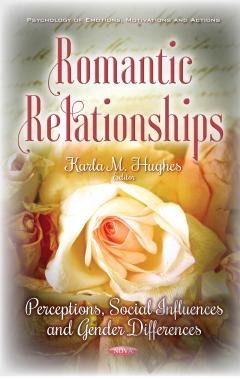
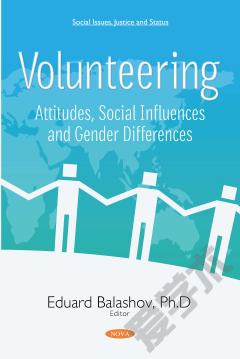
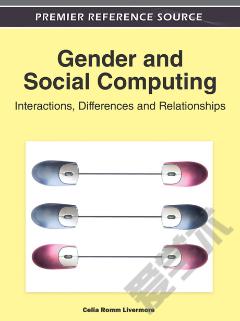
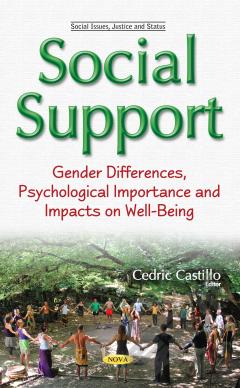

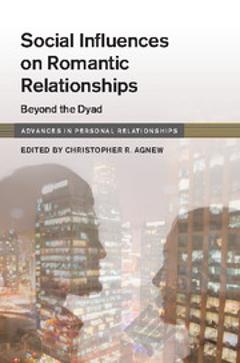
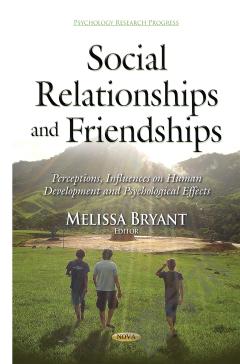

 京公网安备 11010802027623号
京公网安备 11010802027623号